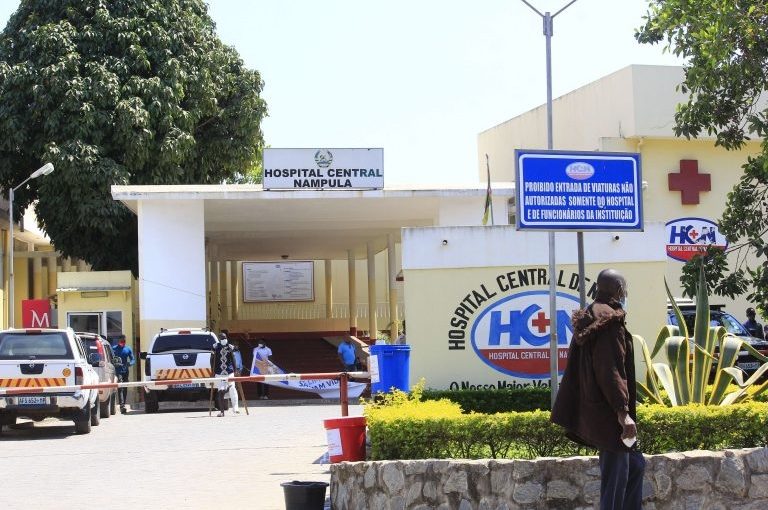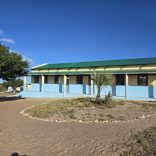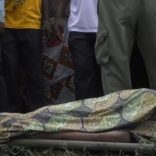Mozambique: Sasol delivers new school block in Inhassoro
Mozambican doctors: “We were pushed into this strike”

FILE . For illustration purposes only. Nampula Central Hospital. {File photo: DW]
- Mozambican doctors have announced that they will resume their strike action next Monday, because the government has still not done most of what was agreed at the beginning of the year. Professionals call for “frank dialogue”.
The Mozambican Medical Association (AMM) announced a new national strike starting on Monday, July 10th. Doctors challenge the manner of implementation of the Single Salary Table (TSU) and the lack of payment for overtime.
In an interview with DW Africa, AMM secretary general Henriques Viola explained that minimum services will be guaranteed during the extendable 21-day strike, albeit with a reduced number of doctors.
DW Africa: Why are you going to resume the strike?
Henriques Viola (HV): We started this strike process last year. We suspended it to make space for dialogue with the government and in response to an appeal by the President of the Republic, Filipe Nyusi.
This dialogue led us to an understanding in February of this year. But, since then, only one of the approximately 15 points agreed has been implemented.
DW Africa: Among those points that you say have not been fulfilled, which ones are generating greatest discontent?
HV: The first is the framing of doctors [in the TSU] without taking into account their length of service in the Civil Service. Second is the fact that daytime and overtime allowances provided for in the doctor’s statute are not being paid.
DW Africa: The Medical Association of Mozambique is also complaining about a salary reduction, starting in May.
HV: Yes, we were aghast that there were wage cuts in May. Associated with this is the fact that overtime has not been paid since the implementation of the Single Salary Table began.
In general, there is great dissatisfaction, which could even have an impact on the medical care of our patients.
DW Africa: In your opinion, does the implementation of the Single Salary Table continue to negatively affect the class?
HV: Yes, there are still many problems with the TSU implementation. The salary reduction in May was the result of an audit that the General Inspectorate of Finance carried out at TSU, without making room to hear the people who would be affected by the decisions of that audit, and simply decided to reduce salaries.
Therefore, the management of TSU continues to be a major challenge for the Mozambican Government and for the nation in general, with direct effects on workers.
DW Africa: Meanwhile, the government has announced the suspension of new hiring in the Civil Service starting this month. Is this a problem for the health sector, when there is a lack of professionals?
HV: We want to believe that the government will reconsider this decision, insofar as, if implemented, it will mean that the country will stop making progress in terms of health service coverage and the “doctor-per-inhabitants” ratio.
DW Africa: Since the announcement of the new strike, have you been contacted by the government? What do you envision?
HV: We hope that the government will comply with what we have agreed on. If it does not comply, on Monday, at 07:00 a.m., we will go on strike. We were pushed into this strike. We spent all this time negotiating, but it seems to us that, on the government’s side, there are unfortunately still doubts about the need for a more frank and open dialogue.












Leave a Reply
Be the First to Comment!
You must be logged in to post a comment.
You must be logged in to post a comment.